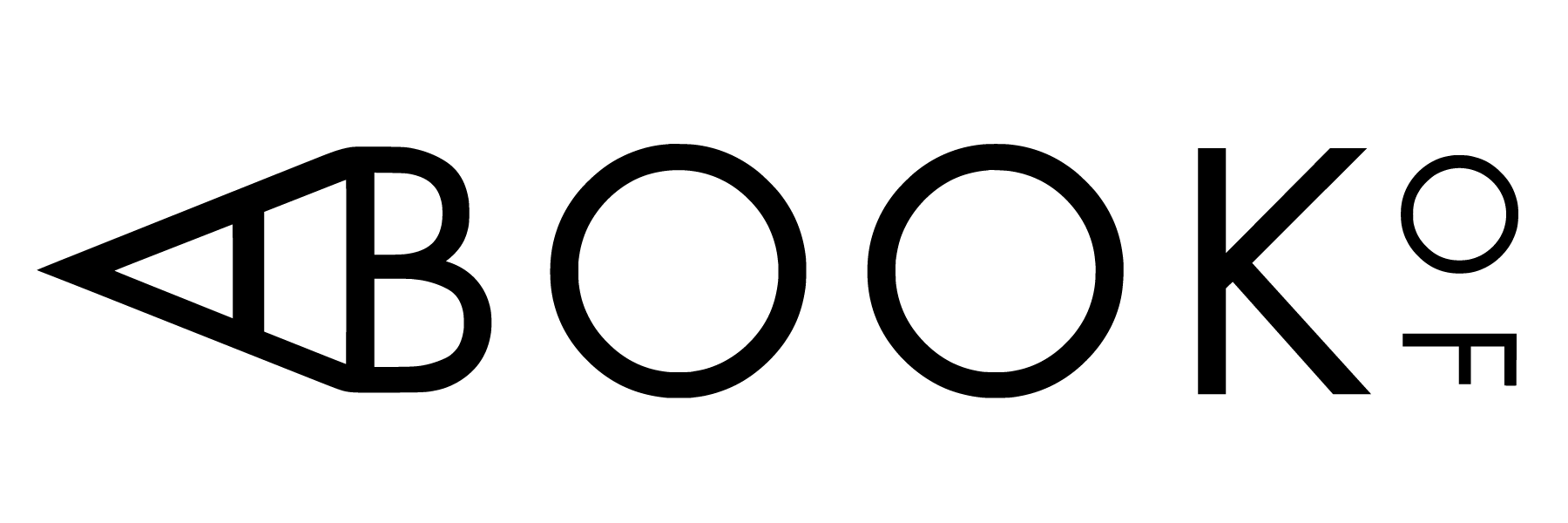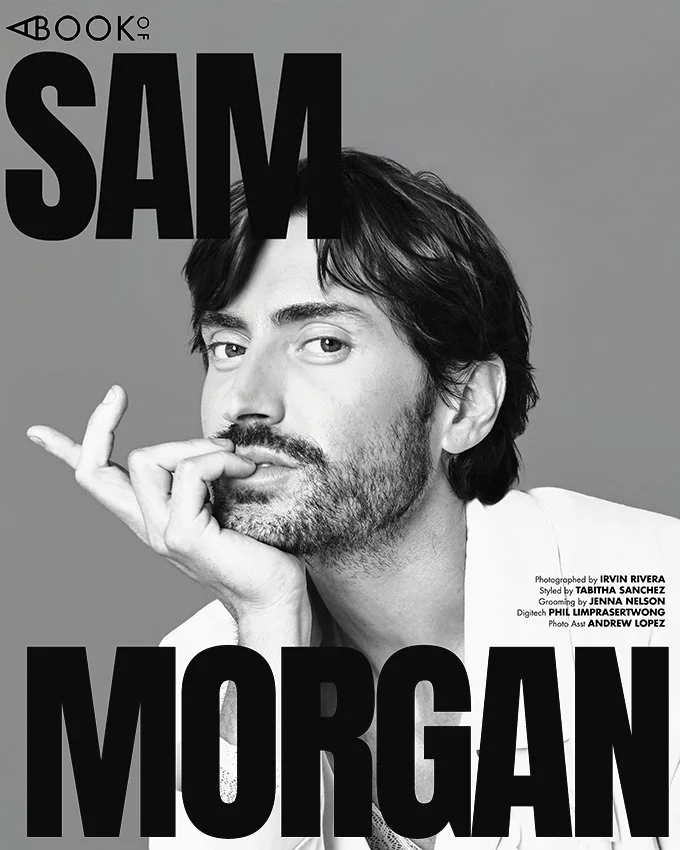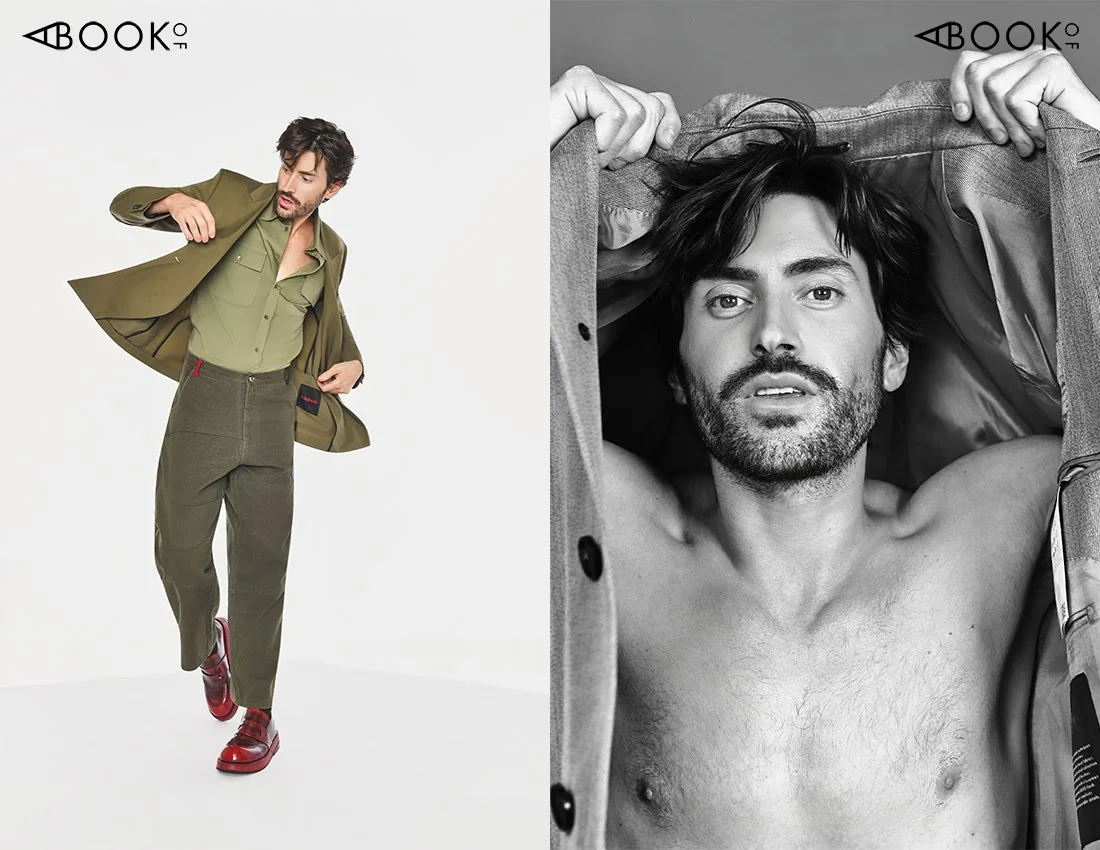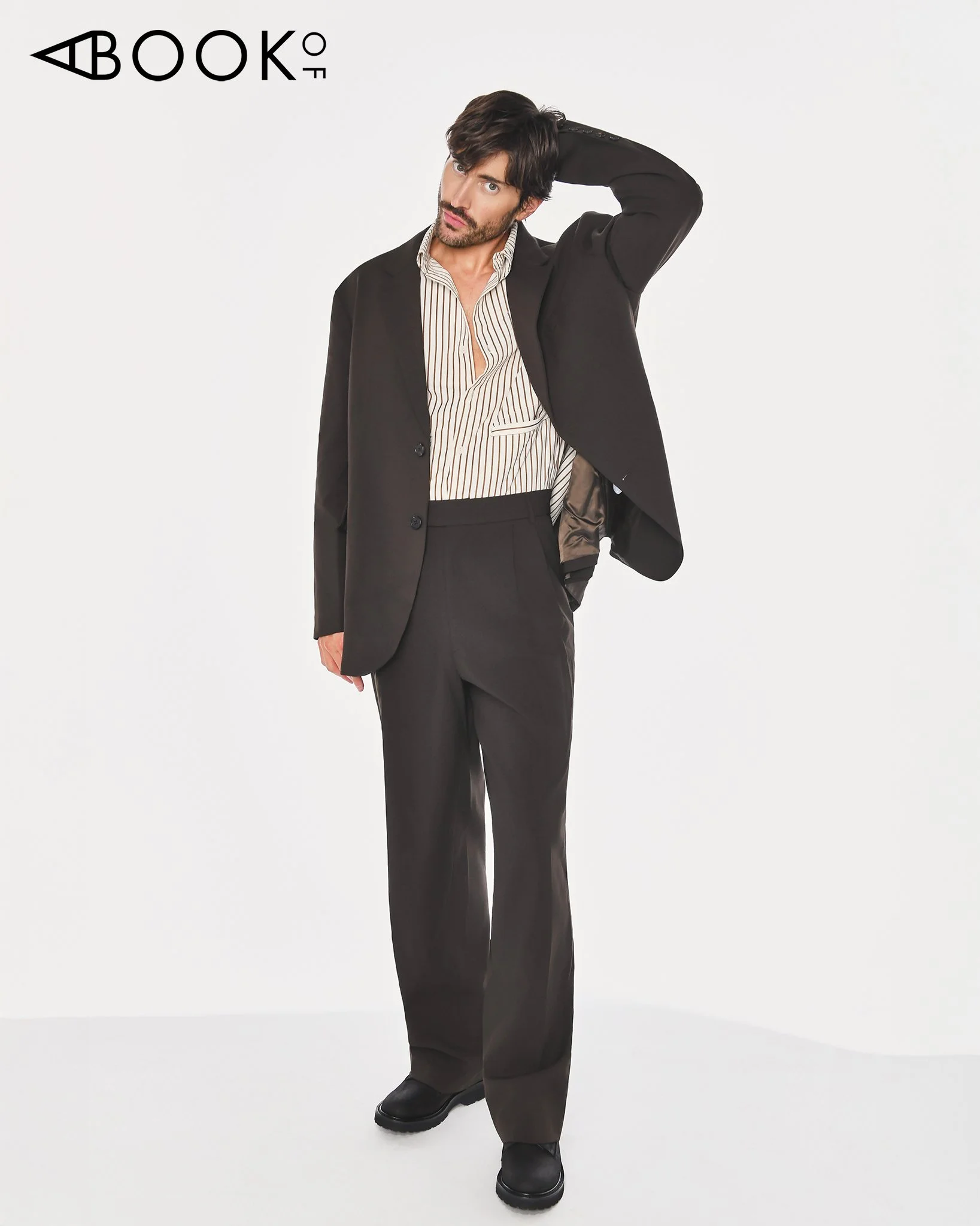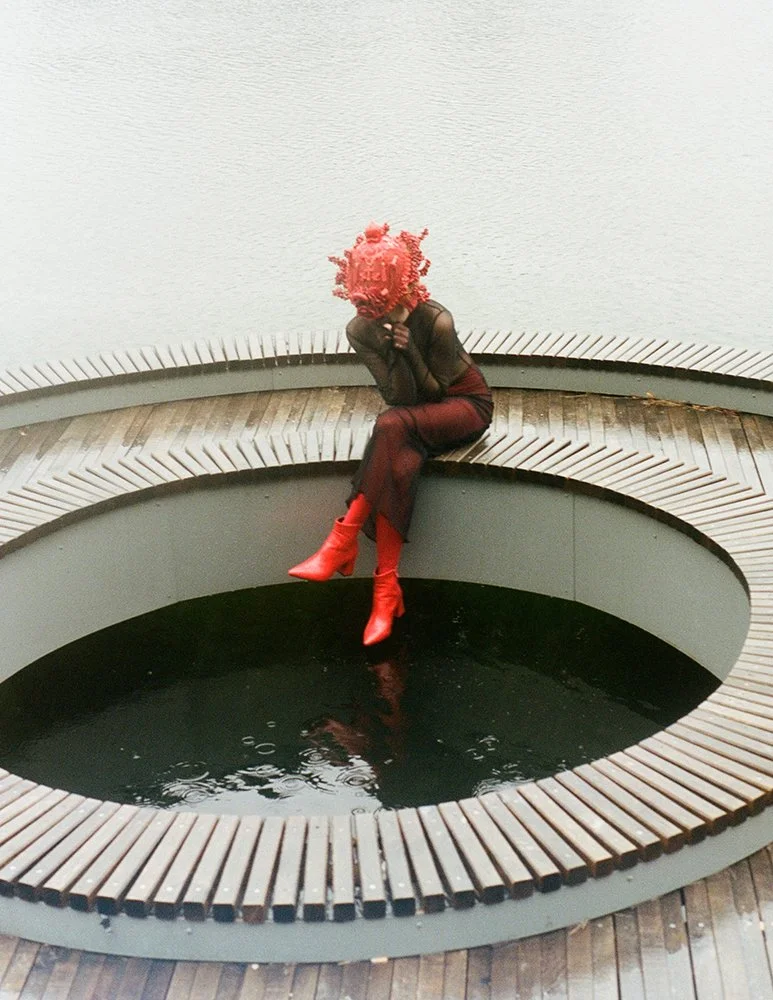SAM MORGAN ON FEAR, FUN, AND THE FIGHT TO STAY HUMAN
BY IRVIN RIVERA
PHOTOGRAPHER: IRVIN RIVERA, FASHION STYLING: TABITHA SANCHEZ, GROOMING: JENNA NELSON, DIGITECH: PHIL LIMPRASERTWONG, PHOTO ASST: ANDREW LOPEZ
SAM MORGAN carries the kind of quiet magnetism that sneaks up on you with a mix of small-town sincerity and artist-in-motion energy. Before landing on the Warner Bros. backlot opposite Alicia Silverstone in American Woman (created by John Riggi and also starring Mena Suvari), he was raising chickens, goats, and horses in rural Indiana, an upbringing that still colors his work with a grounded, lived-in ease. “We carry our history with us wherever we go,” he says, and you can feel that in the way he talks about acting, community, and connection. Even in Los Angeles, a city built on fences and freeways, Morgan insists on being a good neighbor. “Everyone’s in their car, on their phones, behind big gates. That’s so opposite of who I am,” he laughs. “Unless you live in Venice. In which case, I consider that a long-distance relationship.”
His story reads like a series of creative detours, Indiana to Singapore to Berlin to LA- each place leaving its fingerprints on the artist he’s become. From filming a Rabbit Hole monologue that got him his first manager, to studying directing at NYU under John Riggi’s mentorship, to discovering rave culture in Berlin, Morgan has learned to trust his own rhythm. He lives by what he calls the “3 Ms,”Movement, Meditation, and Morning pages, and by a mantra that guides his art and activism alike: “Follow your fun.” But perhaps his most revealing reflection comes near the end of our conversation: “The restlessness of my own ambition is ultimately what led me to get off my phone, out of my head, and into the now.”
Read on as Sam opens up about creative discomfort, loss, and finding meaning in the chaos of art, activism, and being human.
When I first read that you grew up in a rural area outside Indianapolis raising chickens, goats, and horses, I felt you carry that “earth” and grounded energy into your work. How do you think that early immersion in nature and a small-town rhythm has informed your sensibility as an actor and storyteller?
I love being from Indiana. I don’t really see myself living there full time these days, but I think a part of me will always feel more small town than big city. I love dropping in on my friends in LA because I think the city can feel particularly isolating, you know? Everyone is in their car, on their phones with head phones on, or at home behind a big gate. And that’s so opposite of who I am as a person. I try to be a good neighbor to my friends, even if we live on opposite sides of the city…unless you live in Venice. In which case, I consider that a long distance relationship. As far as my art goes, I’m getting cast as cowboys and stuff, so maybe people can just feel it on me. We carry our history with us wherever we go.
Maya Angelou said something to the effect of taking every single person she ever loved on stage with her. There’s a lot of truth to that. My grandma used to make me sing her sad folk songs growing up. I guess it makes sense I have a moody, country boy vibe.
As far as my art goes, I’m always getting cast as cowboys and stuff so maybe people can just feel it on me.
You told a story about recording a monologue from Rabbit Hole and that tape ultimately led to your first manager and to American Woman. How did you feel at that moment? What was turning in your mind and in what ways has that decision pointed you forward ever since?
I don’t think I knew enough at that point to clock everything that was happening. It was such a whirlwind moment. I went from being brand new in LA and knowing like five people to driving on the back lots of Warner Brothers to act opposite Alicia Silverstone. In hindsight, I realize I was a bit dissociative because I had (valid) imposter syndrome. I have no idea how that all worked out the way it did, but I had a lot of fun despite being so nervous the whole time.
You’ve lived and studied in places as varied as Berlin, Singapore, Australia. How have those cultural shifts challenged or reshaped your inner compass and your artistic voice?
I moved to Berlin as a knee jerk reaction to living in Singapore for three years. Singapore is so clean and a bit strict. So I wanted cold weather and a little bit of grit. I moved there to make a documentary about the refugee crisis in 2015. There was an image of a Syrian boy who washed up on shore after drowning while trying to flee. So my plan was to continue modeling through an agency I signed with there and make this film. Ultimately I didn’t make the project because I was alone in Berlin and the conditions became too unsafe with neo-nazis attacking refugees. And because of my fellowship, I wasn’t allowed to get a work visa. It was a pivotal moment for me because I had the opportunity to just exist. Everything I would normally lean into (work) was unavailable. So I got really into rave culture. Shout out to Sven over at Berghain. And I will leave it at that.
When you’re preparing to inhabit a character, how do you balance empathizing with them (seeing their worldview) without losing your own center or dissolving into them?
It really depends on the character, honestly. Sometimes I find it more difficult to play a character that resembles me because the line between us is so thin. So, in some ways I have way more work to do on a guy like that than someone who has a totally different life experience. Finding my way in changes all the time. There are a million roads to Rome.
You’ve spoken in your interviews about juggling acting, modeling, directing, writing and activism. How do you decide which medium or project to say “yes” to? What’s your litmus test for whether something is worth the energy and risk?
My litmus test is “follow your fun”. If a project has some sort of hook, which can be anything from working with a specific director to certain thematic elements (or even a paycheck! Let's be real for a sec) then I’d say it’s worth the energy of exploration. At the end of the day, that’s really all that any art form is: an exploration. Exploration of self, or the medium, of human existence in general.
I haven’t played as much music since my dad passed away this summer because it’s something that really connected us and I suppose in some ways I’m probably avoiding it because I’m afraid of how acutely I will feel his absence. But I miss telling stories through music so maybe that’s where I’ll put more energy next.
There must be moments when a project or a role pushes you to uncomfortable emotional edges. Can you share a time when a role demanded something from you you didn’t know you had, and how you navigated that inner stretch?
Discomfort is an interesting feeling because it can mean so many different things. It can be a fight or flight response or an indicator that you are experiencing a point of growth. So for me, I need to identify where the discomfort comes from. If it feels like something that will help me grow into a more realized version of myself, then I will lean into it.
I played a character who attempts to sexually assault someone in a sort of twisted fever dream. When I read the script, I was like “…I don’t know if I can do this.” But I didn’t want to run from the material because I believed in the director and her vision. With a lot of rehearsal and a solid intimacy coordinator, I think we danced a really interesting line and the film ended up winning a Director’s Guild Award which was cool.
You practice meditation, Muay Thai, motorcycle work, even skincare, self-exploration, rituals and disciplines. When the industry is unpredictable, what anchored practices keep you steady, and how have they evolved over time?
The 3Ms baby! Movement, Meditation, Morning Pages. Those are my big three. I journal three pages in the morning, which is basically just a brain dump of anything bouncing around in my head. Then, meditation. I practice Transcendental Meditation, but even a 10-minute guided meditation is a great place to start. And finally, some sort of movement. Can be anything. Walking, yoga, weight training,and swimming laps. Whatever gets your body in motion. The 3Ms will keep you sane.
You’ve been an activist for causes like Save the Children, UNICEF, and Doctors Without Borders. How do you see the intersection between your public visibility and responsibility? Have there been moments when your activism and your art collided or challenged each other?
I am responsible for using whatever platform you have to help make the world a better place. At the end of the day, I am a humanitarian and believe all people have certain inalienable rights. So I support organizations that align with that belief. I think my career and the causes I support have usually gone hand in hand, luckily. But I have to say, we are currently in a post-cancel culture, post-age of information era. People live in closed algorithmic feedback loops and there’s endless rage-baiting everywhere you turn.
Not to mention the actual jump scare of being alive during so much societal collapse happening all at once. So, conversations, conversations-particularly concerning human rights violations like those we’ve seen in Gaza, Sudan, and Myanmar, become incredibly difficult for people to have. This means we become increasingly divided. And while I cannot STAND a fence-rider, I do aim to be a gap-bridger between people, ideas, and finding a peaceful path forward.
In your journey, what’s been the moment when you felt the most significant gap between who you were and who you wanted to become, and how did you bridge that gap?
I think the gap between where you are and where you want to be is something we, as human beings, are always sort of grappling with. I don’t know if that ever really goes away. I would like to think so, but who knows? Being a working artist requires a lot of Zen. All we ever really have is the current moment we are in, and out of that moment comes the next. Which I know sounds obvious and cliche, but it’s deceptive in its simplicity. The restlessness of my own ambition is ultimately what led me to so many practices I love like Muay Thai, transcendental meditation and even getting my motorcycle. They all require you to get off your phone, out of your head, and into the now. It’s way easier to stay present when you’re trying to avoid getting punched in the face. Be here now, baby.
As someone who studied directing at NYU and had your thesis produced by John Riggi, how does your identity as a filmmaker or writer inform your acting and vice versa? Do you find yourself directing your own performance in your mind?
My directing style is definitely informed by doing my time as an actor. I’m much more sensitive to the needs of my cast, which can be challenging because every actor has their own process. And when I’m acting, I’m actually pretty hands off. Being a director is an overwhelming and demanding job. It’s like being a juggling octopus. Everyone needs something from you at all times. Which is probably why I’ve only now started entertaining the idea of directing myself in a project. I find it’s a great relief only to have one job on set.
Looking ahead, what is the kind of legacy you hope your art and your life will leave? Not in fame or awards, but in the ripple you create in others.
I hope my success inspires others to follow their truth and live a life that is both fulfilling and serves the greater good. Life on earth is a brief, wonderful miracle - celebrate it every chance you get!
In moments when self-doubt or fear creeps in, what is your internal dialogue like now, versus when you were younger? How has your relationship to fear changed?
Fear is a necessary evil in my opinion. It guides you to and away from people and experiences throughout the journey of your life. The key is figuring out which part of something scares you and determine if you lean in and overcome it or if it’s legitimately dangerous and meant to be avoided. It’s a tool that acts as an emotional compass. Use it!
Lastly, If you were a book, what book would you be and why? (It could be a specific title, a made-up book, a genre, or a style—whatever feels most *you*.)
At the moment, my life is probably The Artist’s Way by Julia Cameron. Or Zen and the Art of Motorcycle Maintenance by Robert M. Pirsig. But, if I’m feeling like my dark and romantic Gemini self, I’d say Interview with the Vampire (Anne Rice) or Giovanni’s Room (James Baldwin).
